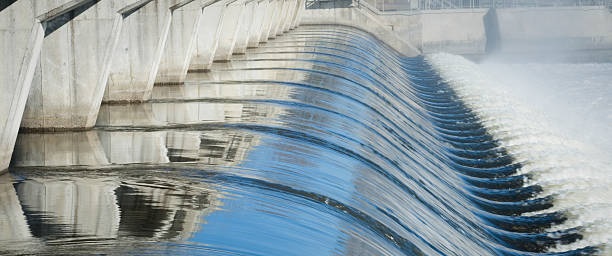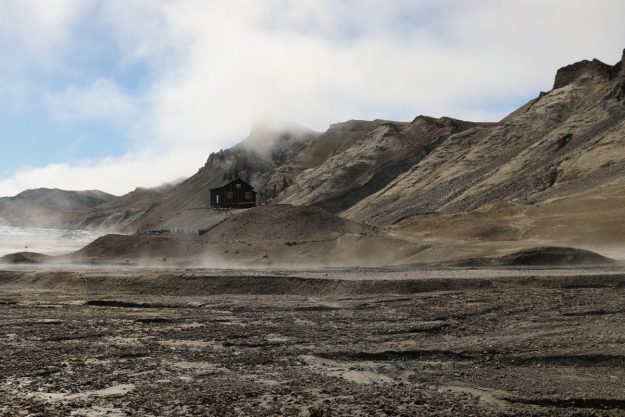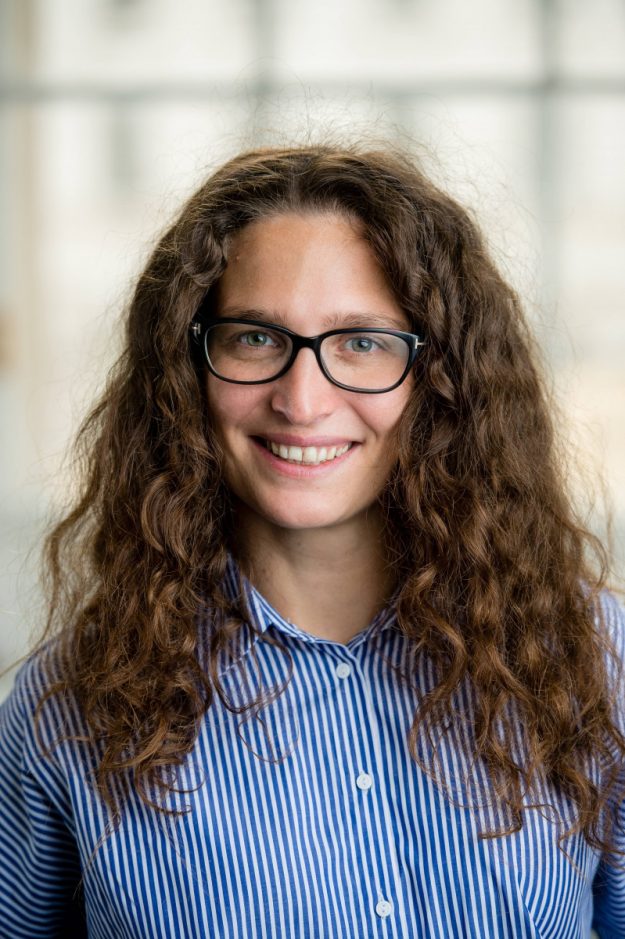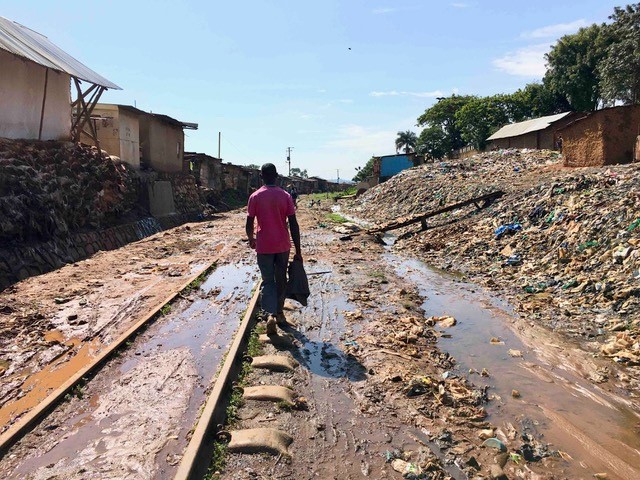Covid-19 profoundly changes the way we work. What luckily has not changed, is that new people join us at the division. Marta has recently taken up the position of a post-doc, while we are mostly working from home. Thus we asked her the following questions to introduce Marta’s work, show potential for collaboration and to get to know her a little bit better.
Could you please tell us about yourself and the fields you are working on?
My name is Marta Musso and I am the new post-doc in energy history at the department, working together with Per Högselius. My research follows two main strands: the first one is linked to energy policy history, and it focusses on the international economic policy of resource exploitation, and the relations between state and enterprises in negotiations for resource exploitation in the post-colonial years. The second strand of research refers to the development of digital archives, and the usage of digital-born documents on behalf of historians. I am involved in preservation projects to allow historians to make the best out of digitisation and digital technologies, such as Archives Portal Europe (www.archivesportaleurope.net). At the same time, I am an advocate of digital preservation, particularly for what concerns energy archives. Currently I am the president of Eogan, the network of energy archives.
What do you work on right now? Do you feel an impact by the current pandemic on your work?
My current research project at KTH is an extension of my PhD, which focussed on the development of the Algerian oil industry and on the nationalisation of oil resources in the post-colonial years. I am now looking at the claims of the G-77 and OPEC countries in particular with regards to the international commodity market in the years leading to and following the 1973 oil crisis. Luckily so far I have found a lot of material online (thumbs up to the UN archives which have a very good digitisation strategy!), and I have much material from my PhD years that I did not get to properly study (particular from the OPEC archives). However, I would like to also visit the OECD archives in Paris and not only are they closed, but on their website they state clearly that they do not do digitisation on demand. Hopefully the situation will change between now and Autumn 2021. Other than that, it is bad that I cannot get to meet my new colleagues and get a better feeling of the spirit of the department; on the other hand, there are a lot of interesting things happening online and I don’t feel like I am missing out. As a matter of fact, having a toddler in the house, some things are easier to do online than in person, so I also appreciate the good side of this difficult situation.
What do you aim for in the near future in terms of research, projects, or public outreach?
I hope to have a book manuscript by end of 2021, and 2/3 papers out in the meantime. I also really like to engage in public history projects, and I would like to be more involved in making documentaries or to communicate my research in other ways than academic papers – but it is difficult to find the time and the opportunities! I also hope that my research could be of interest to current energy policies, particularly with regards to international coordination in the fight against climate change. One of the aims of my current research is to show how many lost opportunities there were in the 1970s to develop a more balance global economy
In the very near future, I am presenting a volume I have recently co-edited, which is being published by the Journal of Energy History as open access, on the 11th December, at 2pm. (Registration here)
Video presentation of Marta’s project
Thank you Marta. It is great to have you and your expertise with us!






